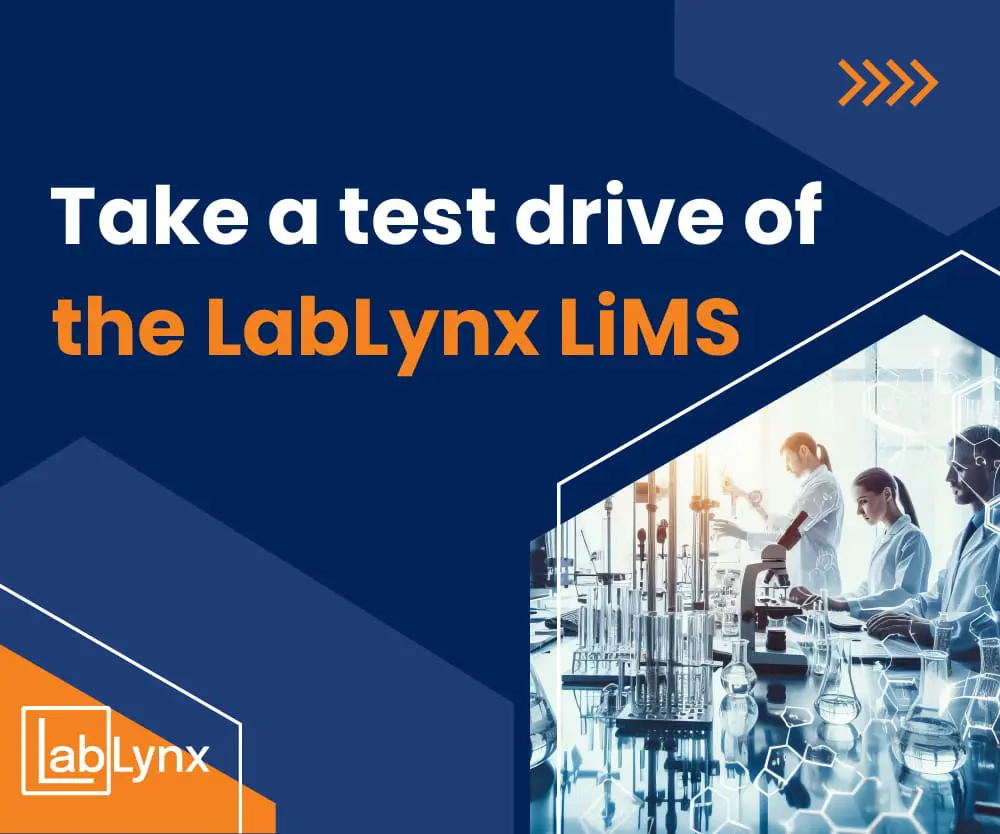Understanding Concept Processing in the Laboratory Informatics Management System (LIMS) Industry
Introduction to Laboratory Informatics Management Systems (LIMS)
Laboratory Informatics Management Systems (LIMS) are critical tools in modern laboratories, enabling efficient management of samples, data, and laboratory workflows. These systems are integral to various industries, including pharmaceuticals, biotechnology, food and beverage, environmental testing, and clinical research. By automating routine tasks and ensuring data integrity, LIMS enhances laboratory productivity, compliance, and overall operational efficiency.
What is Concept Processing?
Concept Processing is an advanced computational technique used in LIMS to enhance data management, analysis, and interpretation. It involves the extraction, categorization, and contextual understanding of data to facilitate better decision-making and streamline laboratory operations. Concept Processing leverages natural language processing (NLP), machine learning (ML), and artificial intelligence (AI) to transform raw data into actionable insights.
The Role of Concept Processing in LIMS
1. Data Extraction and Normalization
One of the primary applications of Concept Processing in LIMS is data extraction and normalization. Laboratories generate vast amounts of data from various sources, including instruments, manual entries, and external databases. Concept Processing algorithms can automatically extract relevant information from diverse data formats, normalize it, and store it in a unified structure. This ensures consistency and accuracy, making data easily accessible and analyzable.
2. Enhanced Data Categorization
Concept Processing enhances data categorization by understanding the context and relationships between different data points. For instance, in a clinical laboratory, it can categorize patient data, test results, and diagnostic information based on predefined concepts such as disease types, treatment protocols, and patient demographics. This categorization helps in organizing data more effectively, enabling quick retrieval and comprehensive analysis.
3. Contextual Data Interpretation
Interpreting data in context is crucial for accurate analysis and reporting. Concept Processing uses NLP and AI to understand the context in which data is generated and stored. For example, it can distinguish between different types of samples (e.g., blood, tissue, water) and the specific tests performed on them. By interpreting data contextually, Concept Processing ensures that the results and insights derived are relevant and accurate.
4. Automated Data Analysis
Automating data analysis is another significant advantage of Concept Processing in LIMS. Machine learning algorithms can identify patterns, trends, and anomalies in the data, providing insights that might not be apparent through manual analysis. This automated analysis helps laboratories in making informed decisions, improving research outcomes, and ensuring regulatory compliance.
5. Improved Reporting and Compliance
Accurate and timely reporting is essential for regulatory compliance in laboratories. Concept Processing aids in generating comprehensive reports by aggregating and summarizing data based on relevant concepts. It ensures that all necessary information is included, and reports are formatted according to regulatory standards. This not only simplifies compliance but also reduces the risk of errors and omissions.
Benefits of Concept Processing in LIMS
1. Increased Efficiency
By automating data extraction, categorization, and analysis, Concept Processing significantly increases laboratory efficiency. Laboratory personnel can focus on more critical tasks, such as research and development, rather than spending time on manual data management.
2. Enhanced Data Accuracy
Concept Processing minimizes human errors associated with data entry and interpretation. The algorithms ensure that data is consistent, accurate, and free from discrepancies, leading to more reliable results and conclusions.
3. Better Decision-Making
With actionable insights derived from advanced data analysis, laboratories can make better decisions. Whether it’s optimizing laboratory workflows, improving patient care, or advancing research, Concept Processing provides the necessary information to drive informed choices.
4. Streamlined Compliance
Maintaining regulatory compliance is a major challenge for laboratories. Concept Processing simplifies this by ensuring that data is accurately categorized, interpreted, and reported. Automated compliance checks further reduce the burden on laboratory staff.
5. Future-Ready Laboratories
As the field of laboratory informatics evolves, the integration of AI and ML through Concept Processing prepares laboratories for future advancements. It ensures that laboratories can handle increasing data volumes, complexity, and regulatory requirements with ease.
Implementing Concept Processing in LIMS
1. Choosing the Right LIMS
Selecting a LIMS that supports advanced Concept Processing capabilities is crucial. Laboratories should look for systems that integrate AI, ML, and NLP technologies, and offer robust data management features.
2. Training and Onboarding
Proper training and onboarding are essential for successful implementation. Laboratory staff should be trained on how to use Concept Processing features effectively, and understand the benefits it brings to their workflows.
3. Continuous Improvement
Concept Processing should be an ongoing process, with continuous monitoring and improvement. Laboratories should regularly review and update their data management practices, and leverage new advancements in AI and ML to enhance their capabilities.
4. Collaboration and Integration
Effective implementation also requires collaboration and integration with other laboratory systems and databases. Ensuring seamless data flow between different systems enhances the overall efficiency and effectiveness of Concept Processing.
Conclusion
Concept Processing is revolutionizing the LIMS industry by transforming how laboratories manage, analyze, and interpret data. With its ability to automate routine tasks, ensure data accuracy, and provide actionable insights, Concept Processing is becoming an indispensable tool for modern laboratories. By embracing this technology, laboratories can enhance their efficiency, compliance, and decision-making capabilities, preparing them for the future of laboratory informatics.


